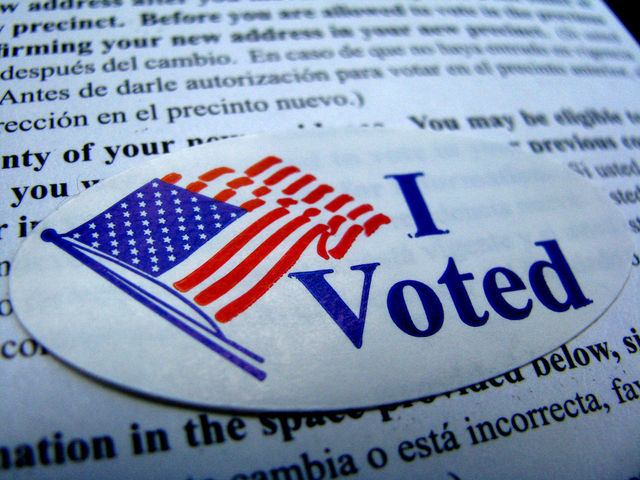Florida voters passed key ballot initiative Amendment 4 last night, restoring voting rights to 1.5 million people with prior felony convictions. The stats are in on the Pensacola News Journal website – it was passed with 64% of the vote. This is the third time since the ’70s that Florida has attempted to enfranchise the state’s felons with the the right to vote, but this was the first time it voted in by the people.
Data gathered by the Sentencing Project estimates that over 10% percent of the state’s population has been convicted of a felony. This percentage is disproportionately dominated by African-American people (1-in-5 African-Americans in the state of Florida have a felony), the Intercept reports. To put it another way, the passing of Amendment 4 has enfranchised the largest group of people since 1920, when American women won the right to vote.
Though Amendment 4 does not grant every person with a felony the right to vote: those who have been convicted for murder and sex crimes are excluded from this initiative. This remains a sore moment for many activists and convicts who feel like they should be granted the same rights as other felons, like Stefanie Anglin, who spoke to the Intercept about her 30-year-old charges of assault and battery.
According to the Sentencing Project, Florida is one of only four states which permanently bar voting rights for convicts. Currently, if any felon in the state of Florida wanted to vote, they would have to wait 5 years after their completion of the sentence and appear before the governor to plead their case for their right to vote.
With Amendment 4 in place, it is projected that by 2020 the eligible felons of Florida will be able to vote – a step in the struggle to empower and enfranchise politically underrepresented American peoples. It is unknown if all these people will choose to exercise their reestablished voting rights even if they can, but many Floridians are ensuring that they will be pushing their friends and loved ones to the polls.
For more information on felony disenfranchisement across the united states, visit SentencingProject.org.
Top photo: Flickr Creative Commons/Andy Thrasher
More from BUST
Black Seniors Removed From Bus En Route To Vote In Georgia
Of Allyship And Accountability
Massachusetts Voters Need To Stand Up For Trans Rights By Voting #YesOn3


